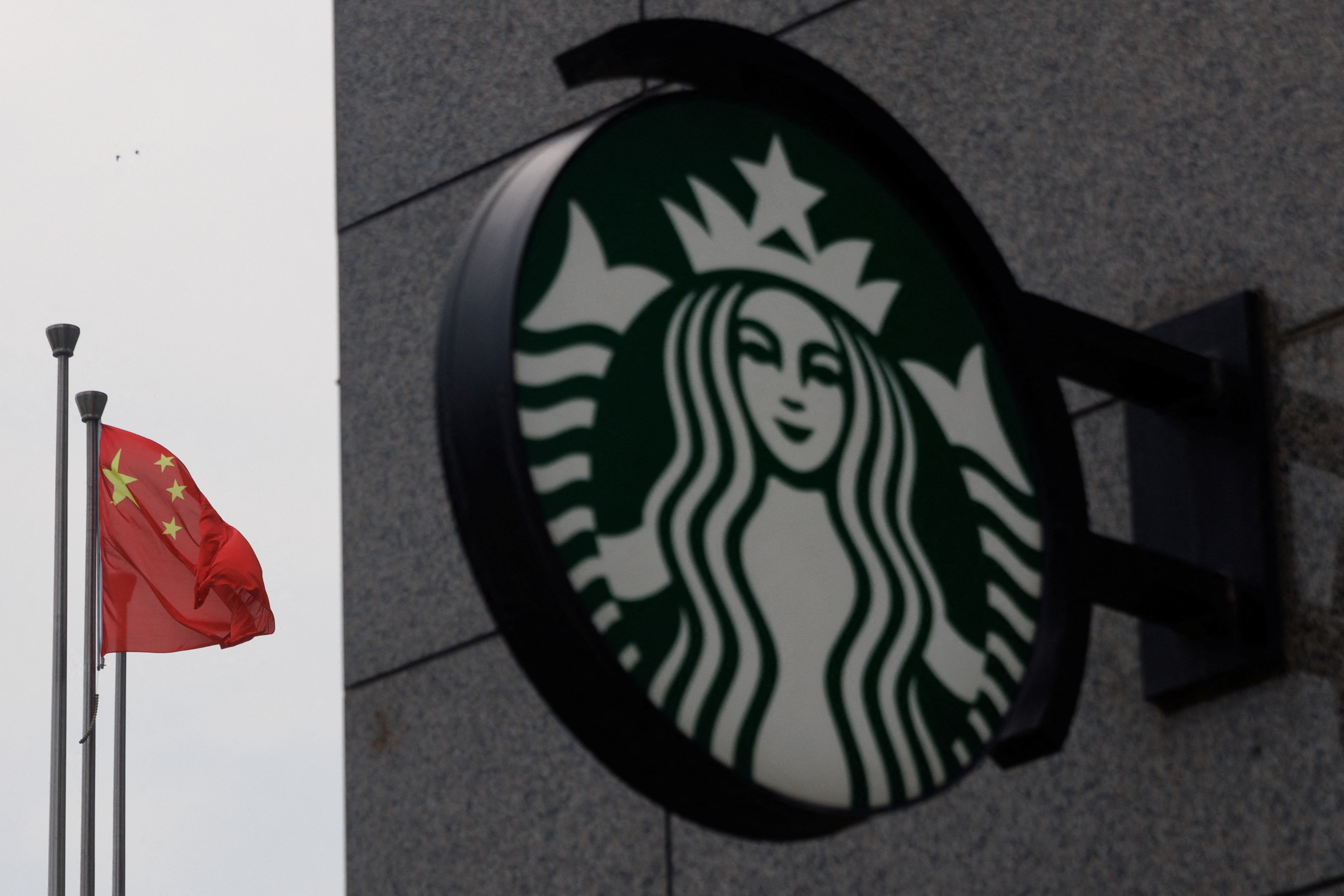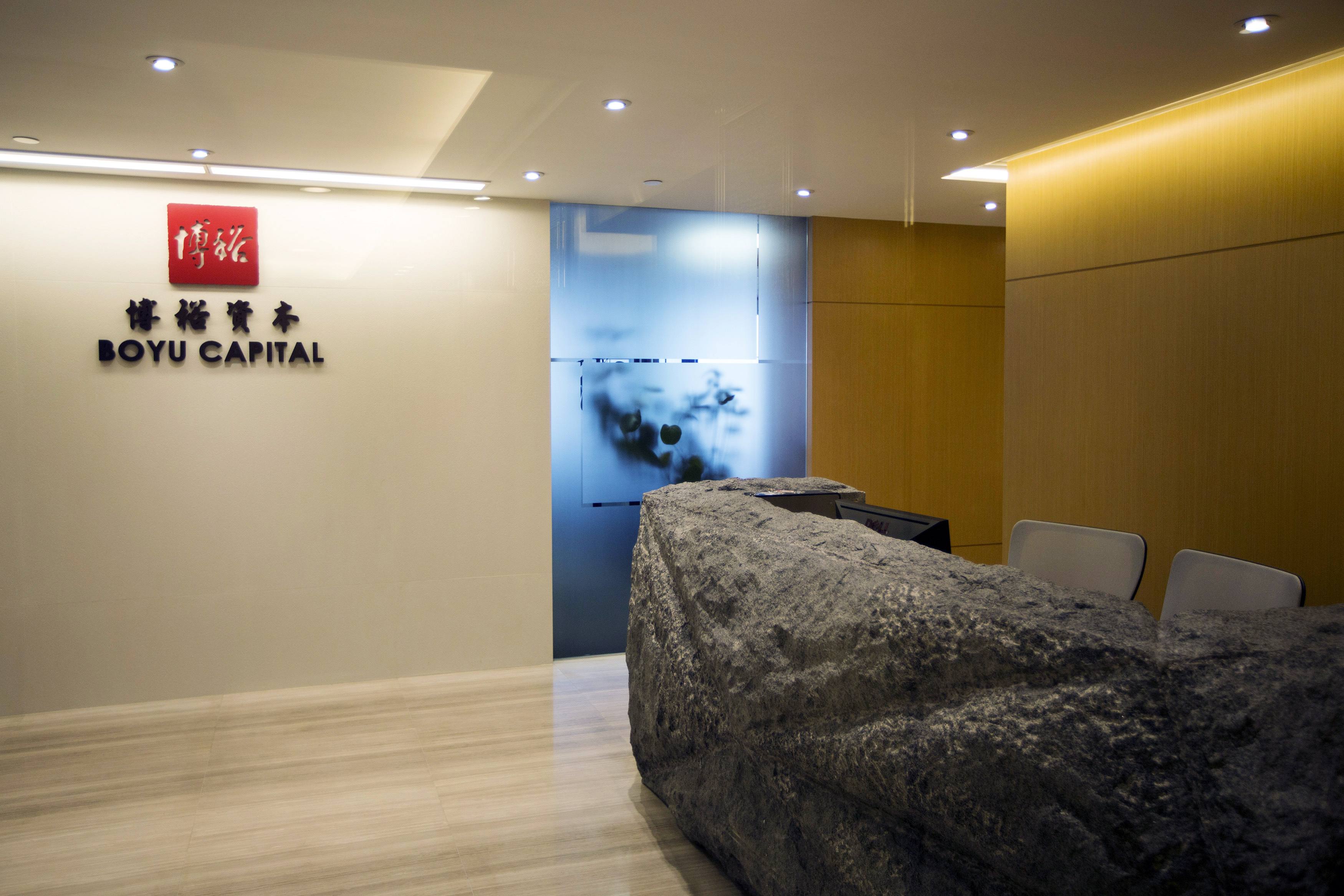U.S. coffee giant Starbucks announced it will sell a 60% stake in its China retail operations to Chinese investment firm Boyu Capital for $4 billion.
Under the terms:
- Boyu Capital becomes majority owner in the joint venture controlling Starbucks’ retail operations in China.
- Starbucks will retain a 40% stake in this joint venture and will continue to own and license the Starbucks brand and intellectual property in China.
- Starbucks estimates the total value of its China operations—taking into account the sale proceeds, its retained stake and future brand licensing income—at more than $13 billion.
- The deal is expected to close in the second quarter of Starbucks’ fiscal 2026, subject to regulatory approvals.



Why Starbucks Is Making This Move
1. Competitive Pressure in China
China is Starbucks’ second-largest market and has been critical to its global growth strategy. However, over recent years, the company has faced increasing competition from local chains (for example Luckin Coffee) that operate with lower prices and faster expansion strategies. Reuters
Same-store sales growth in China had been weak and the company cited the need to reboot its China growth engine.
2. Need for Local Partner & Speed
Starbucks emphasised that Boyu’s local market expertise, networks and capital will help accelerate expansion in smaller cities in China and improve operational efficiency.
Starbucks aims to ramp up from approximately 8,000 stores in China to a target of 20,000 stores over time.
3. Strategic Shift in Ownership Model
By forming a joint-venture with a local firm and reducing its own direct operational responsibility, Starbucks can offload some of the execution risks while still participating in the upside. Retaining brand control but handing over majority operational ownership is a strategic pivot.
Implications of the Deal
For Starbucks
- Starbucks monetises part of its China operations, gains a large cash inflow ($4 billion) which it can redeploy globally or into other strategic priorities.
- By retaining 40% and licensing the brand, Starbucks maintains exposure to China growth while reducing certain burdens.
- The move signals that Starbucks recognises the shifting dynamics in China’s specialty beverage market and is adapting its growth play-book.
For Boyu Capital & the Joint Venture
- Boyu Capital becomes majority owner of what Starbucks calls its “China retail business”, gaining the potential to scale dramatically in China’s lower tier cities.
- The JV may leverage local capabilities, adapt products/pricing more aggressively while maintaining the Starbucks premium brand positioning.
- Regulatory approval risk remains, as China requires foreign-invested firms and major consumer brands to comply with local rules.
For the Chinese Coffee & Retail Market
- Intensifies competition: Starbucks’ move may allow the JV to expand more quickly and aggressively in China’s sizable coffee-consumption market.
- Local chains like Luckin may feel additional pressure as Starbucks scales further, but the premium positioning remains differentiated.
- The deal may encourage other global consumer brands to take similar JV or partner-led strategies in China.
For Investors
- The valuation—implying over $13 billion for the China business—shows the size of the opportunity, yet the sale of 60% signals that Starbucks acknowledges China growth alone may need local muscle.
- The market’s reaction appears muted, suggesting investors are taking a wait-and-see approach to how the JV performs.
Key Numbers & Metrics
- Stake sold: 60% of China retail operations.
- Deal value: $4 billion (for the 60% stake).
- Implied total business value: >$13 billion (sale proceeds + retained stake + licensing income).
- Current store count in China: ~8,000 outlets.
- Growth target for store count in China: Up to ~20,000 outlets.
What To Watch Next
- Regulatory Approvals: Completion remains subject to China regulatory clearances for foreign-investment and JV structuring.
- Operational Performance: Whether the JV under Boyu + Starbucks can deliver higher growth in smaller Chinese cities, improve average transaction size, and reverse margin pressure.
- Consumer Dynamics: How changes in Chinese consumer behaviour—especially younger generations, value orientation, premium vs mass tiers—will impact Starbucks’ premium model.
- Competitive Response: Moves from local rivals (Luckin, Cotti etc.) to respond to Starbucks’ renewed push and how pricing/format strategies evolve.
- Impact on Starbucks Global Strategy: Whether the cash proceeds and reduced stake will free Starbucks to invest in other markets, digital capabilities or premiumisation globally.



